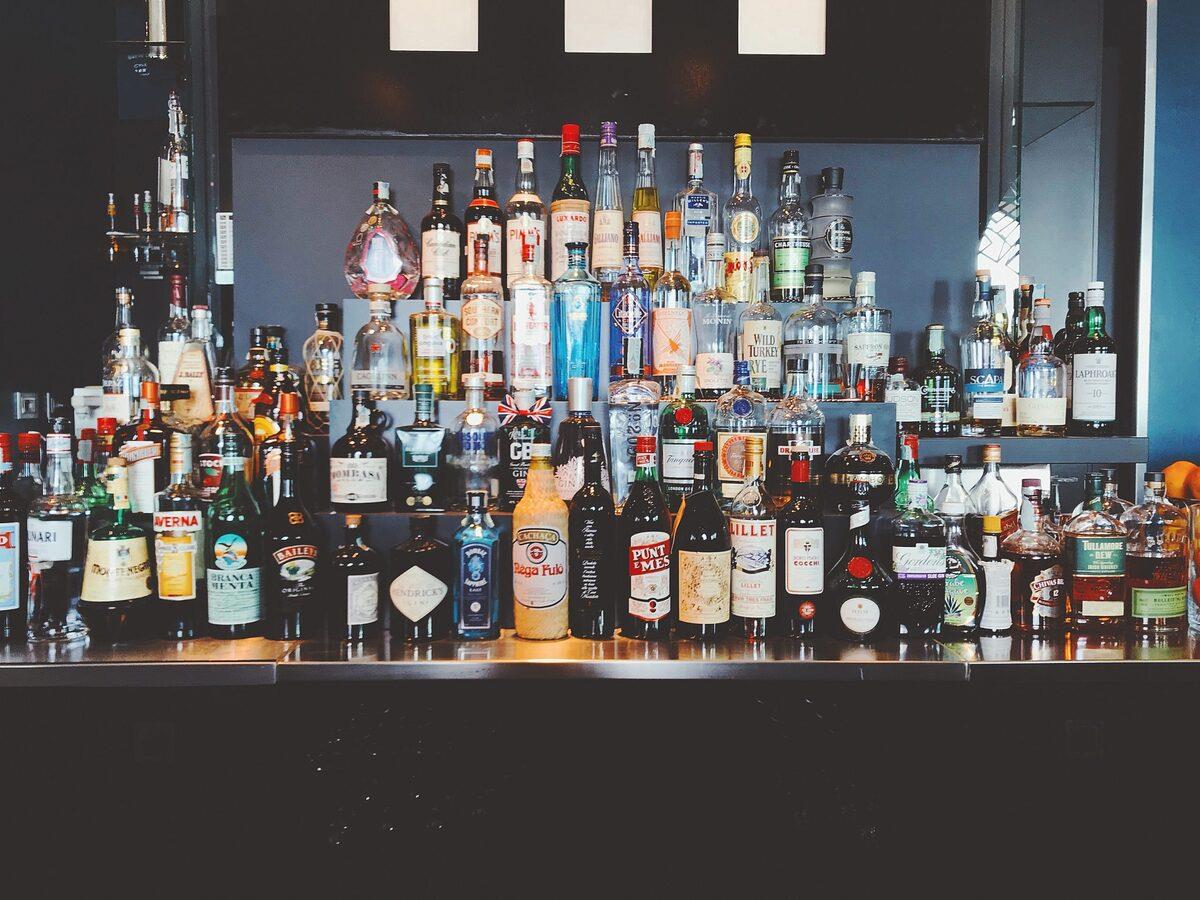If you run a pub, bar or restaurant, you’re no doubt aware that applying for a personal licence to sell alcohol is a necessary step in establishing a licensed premises.
Personal licences are designed to make sure anyone who runs a business that supplies alcohol will do so in an appropriate and professional manner.
But when it comes to applying for a personal licence, what are the rules about obtaining a DBS check? This blog explains everything you need to know.
Who needs a Personal Licence?
You need to have a personal licence if you want to sell alcohol at a licensed premises, or if you are a designated supervisor at a licensed premises.
Not every employee in a licensed premises needs to have a personal licence, but every sale of alcohol must be authorised by a personal licence holder.
Once you have your personal licence, you can take it with you anywhere – it’s not tied to a particular establishment, and you can apply for one whether or not you’re employed at a licensed premises.
Those applying for a personal licence must be 18 or over, and hold a relevant licensing qualification. You should apply through your local licensing authority (usually your local council).
For more information about alcohol licensing, check out the government’s guidance.
Applying for a Personal Licence: Do I need a DBS Check?
Yes – when applying for a personal licence, you will need to submit a Basic DBS Check certificate.
A Basic DBS Check is a criminal record check that will reveal any unspent convictions you have. These are commonly termed as convictions that are recent and/or serious.
What if I have a conviction?
Having a conviction won’t necessarily affect your application for a personal licence.
If you have any convictions for ‘relevant’ offences, you must declare them as part of the application. Relevant offences include:
- Those involving serious crime
- Those involving serious dishonesty
- Those involving controlled drugs
- Certain sexual offences
For a full list of relevant offences, refer to Schedule 4 of the Licensing Act 2003 and the Licensing Act 2003 (Personal licence: relevant offences) (Amendment) Order 2005.
If you have a conviction for a relevant offence, your licensing authority will pass your application to the local Chief Police Officer, who will consult police records and make a decision.
For more information about applying for a personal licence with a conviction, see this guidance published by Unlock.
How do I get a Basic DBS Check?
If you work for a licensed establishment, your employer can apply for a Basic Check on your behalf. Alternatively, you can apply yourself through our website.
Basic DBS Checks are available to anyone aged 16 or over who lives in England or Wales.
Be sure to get in touch with us if you have any further questions. You can apply for a number of DBS Checks through our simple online platform – most checks are completed within 48 hours. Get started now.







